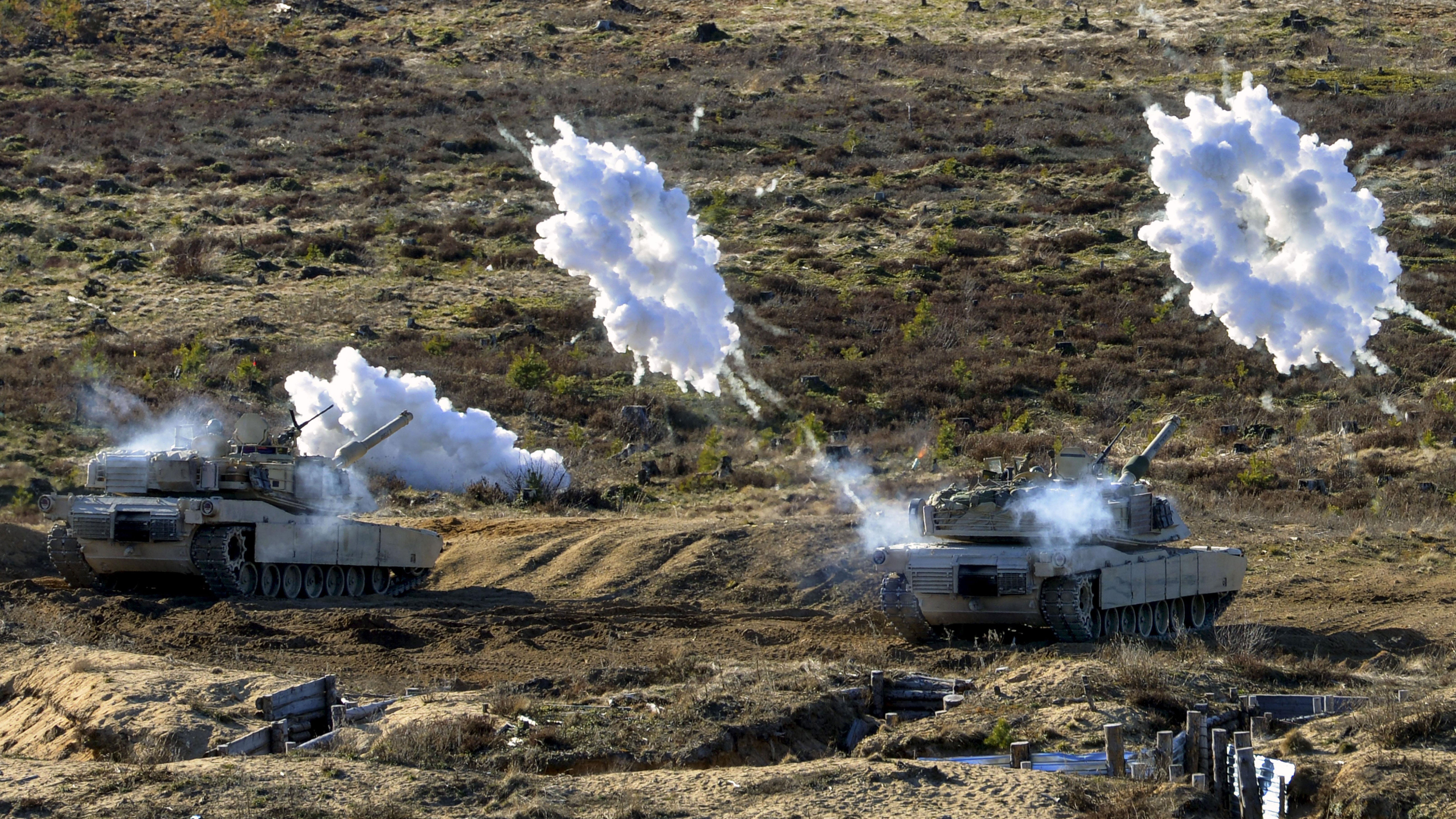Growing Threats Challenge U.S. and Allies
Growing Threats Challenge U.S. and Allies

A new unclassified global threat assessment from the U.S. intelligence community has the same old rivals: China, Russia, Iran and North Korea.
Dated April 9 and publicly released April 13 as intelligence chiefs testified before Congress, the report finds the world remains full of threats facing the U.S. and its allies during a period of “global disruption” brought on by the COVID-19 pandemic. Additionally, there is a continued growth of problems caused by rapidly evolving arms technology that makes deadly weapons available to any group with a cause, and climate and ecological changes that are disrupting and destabilizing parts of the world population.
The four big threats from China, Russia, Iran and North Korea remain serious, the report says. The nations have each “demonstrated the capability and intent to advance their interests at the expense of the United States and its allies, despite the pandemic,” it says.
U.S. intelligence agencies expect China’s People’s Liberation Army will continue expanding overseas military installations and its global influence. Militarily, it has the ability to hold U.S. and allied bases in Asia at risk with a larger navy and air force and highly accurate rockets, the report says.
Russia is continuing its own modernization, using private military and security companies to extend the military’s reach while disavowing the operations and any casualties, the report says. “Despite flat or even declining defense spending, Russia will emphasize new weapons that present increased threats to the United States and regional actors while continuing its foreign military engagements, conducting training exercises, and incorporating lessons from its involvement in Syria and Ukraine,” says the report, issued as Russian forces are massing along the Ukrainian border.
Iran is a continuing threat to the U.S. and its allies, the report says. “Iran sees itself as locked in a struggle with the United States and its regional allies, whom they perceive to be focused on curtailing Iran’s geopolitical influence and pursuing regime change,” it says.
“Iran’s willingness to conduct attacks probably will hinge on its perception of the United States’ willingness to respond, its ability to conduct attacks without triggering direct conflict, and the prospect of jeopardizing potential US sanctions relief,” the report says.
North Korea poses an increasing threat as it improves its conventional military capabilities while viewing its nuclear weapons “as the ultimate deterrent against foreign intervention,” the report says.
The full report is available here.

